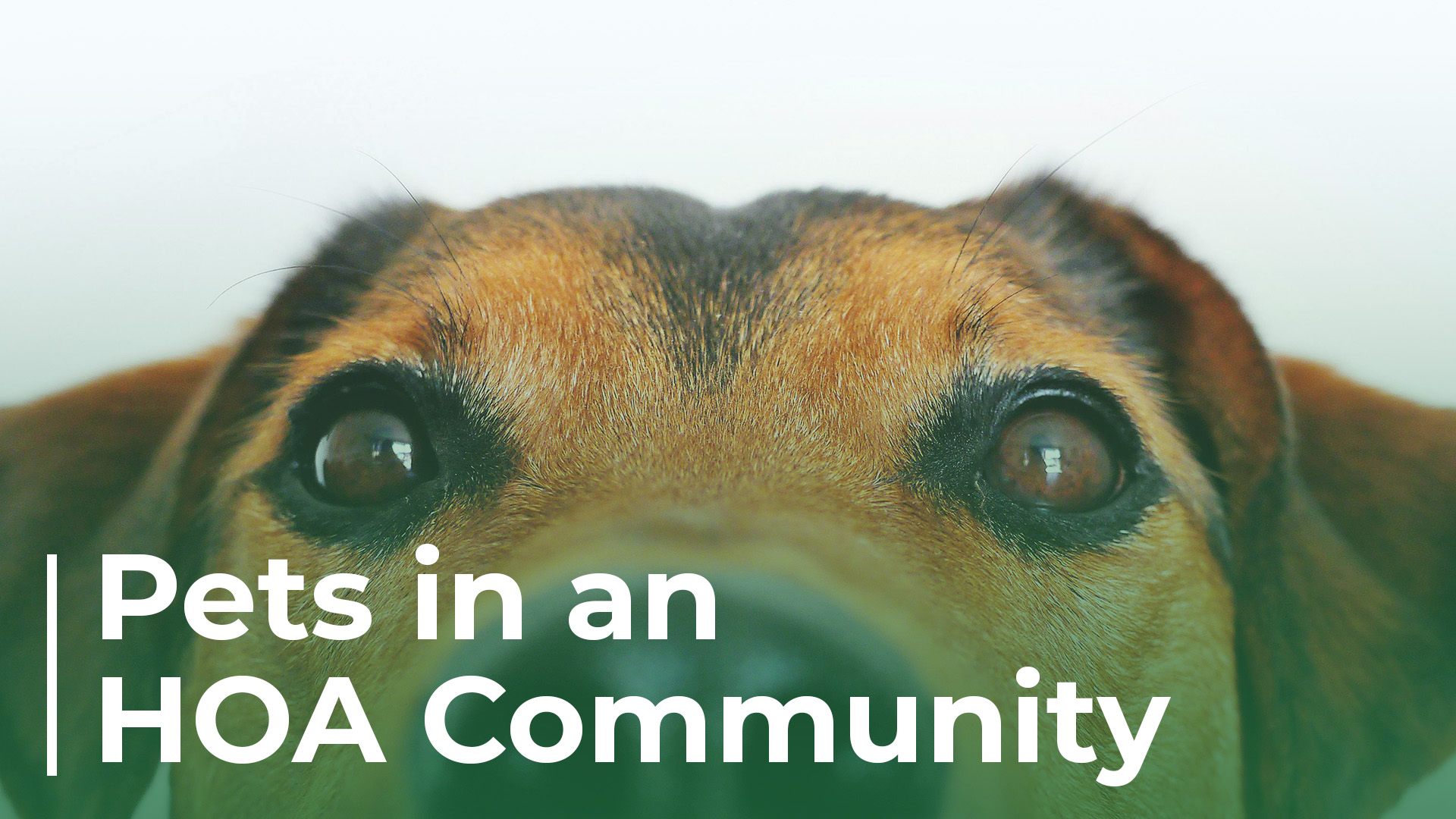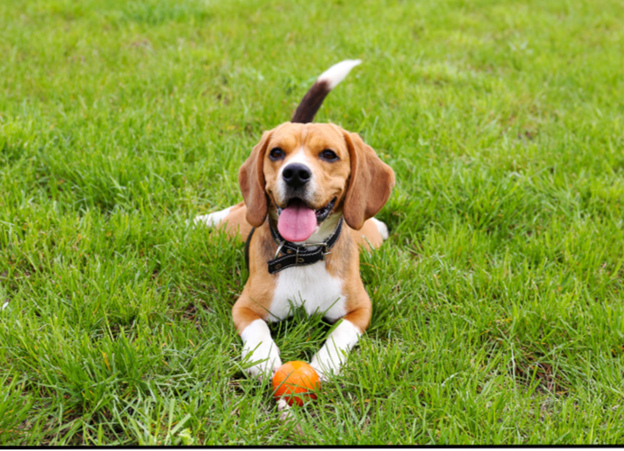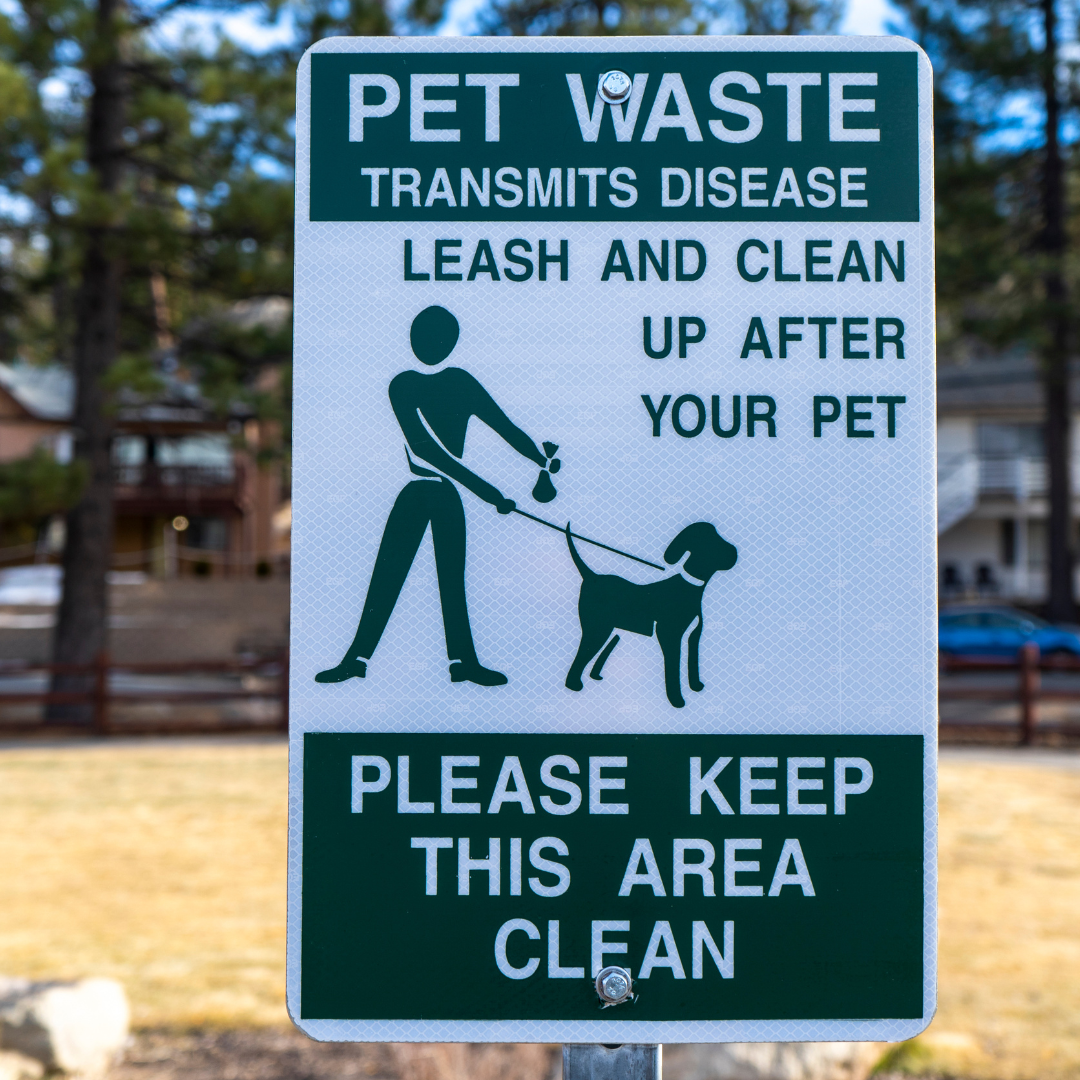Pets in an HOA Community
Pets in an HOA Community

Do you have a pet, or have you ever owned one?
Owning a pet is a source of joy and companionship for many people. However, in an HOA (Homeowners Association) community, managing pets can be a complex balancing act. It requires careful consideration and thoughtful regulation to ensure pet owners can enjoy their furry friends while maintaining the harmony and cleanliness of the community.
The actions of one resident can significantly impact the experience of others. Pets, while beloved by their owners, can sometimes create challenges that affect the broader community. Issues such as noise, waste, and potential safety concerns necessitate a structured approach to pet management.
At Management Plus, we understand the delicate nature of managing pets within your HOA community.
To help you, we have created a blog that will delve into the common rules and regulations regarding pets, outline the responsibilities of pet owners for cleaning up after their pets, and provide guidance on how to address noise complaints effectively.
By establishing and adhering to these guidelines, you can create a community where pet owners and non-pet owners alike can coexist happily and harmoniously.

Common Rules and Regulations for Pets
Creating pet ownership guidelines is essential to ensuring harmony and cleanliness while allowing residents to enjoy their furry friends. These rules help balance the interests of pet owners and non-pet owners, fostering a respectful and pleasant living environment for everyone.
Below, we have outlined and explained common rules and regulations for pets in an HOA community:
Types and Number of Pets
-
Restrictions on Types of Pets: Many HOAs limit the types of pets allowed within the community. Typically, this includes common household pets like cats and dogs. Some communities may also permit birds, small, caged animals, or fish, while others may have stricter limits.
-
Limitations on the Number of Pets: There are often rules regarding the maximum number of pets a household can have. This helps to prevent overpopulation, ensures that each pet can be adequately cared for, and promotes health and safety within your community.
Breed-Specific Regulations
-
Banning Certain Breeds: To enhance safety, many HOAs impose bans on specific dog breeds considered aggressive or dangerous. We encourage you to review the restrictions in your state regarding certain types of breeds. This will help you make an informed decision for your community. The restrictions help reduce the risk of incidents and ensure a safe environment for all residents.
Behavior and Responsibilities
-
Leashing Requirements: Pets, particularly dogs, are often required to be on a leash when in common areas. This helps prevent accidents and ensures control over pets in public spaces.
-
Waste Clean-Up: Pet owners are usually mandated to clean up after their pets in all areas of the community. Providing pet waste stations with bags and disposal bins can help enforce this rule and keep the community clean.
-
Noise Control: Regulations often address excessive noise, such as barking dogs. Pet owners may be required to take steps to minimize disturbances, ensuring a peaceful environment for all residents.

Clean Up Responsibilities
Managing clean-up responsibilities is crucial for maintaining a healthy HOA community. Pet waste can harbor harmful bacteria and parasites, posing health risks and contaminating the environment. Prompt clean-up helps prevent disease spread and protects the local ecosystem.
HOAs typically designate pet relief areas equipped with waste disposal stations and require immediate clean-up. Proper disposal in designated bins or bags ensures waste is managed appropriately. Failure to clean up after pets can result in fines and other penalties, reinforcing the importance of this responsibility.
Pet owners should always carry waste bags and use community-provided waste stations. Being prepared ensures quick and efficient clean-up. These responsibilities are about more than following rules—they're about being considerate to neighbors and maintaining a pleasant living environment.
Would it be beneficial for your community to have a cleanup day? Learn how to organize a community cleanup by clicking here!
Manage Pets in Your Community with Management Plus
Effectively managing pets in your HOA community requires clear guidelines, consistent enforcement, and a balanced approach to the needs of all residents.
At Management Plus, we understand the challenges that come with pet ownership in shared living spaces. Our comprehensive services are designed to help you implement and uphold pet regulations, ensuring a well-organized and pleasant community for everyone.
From setting common rules and addressing breed-specific regulations to enforcing clean-up responsibilities and handling noise complaints, we are here to support your HOA in creating an orderly, pet-friendly environment.
Together, we can foster a respectful and pleasant living experience for all residents.
How can Management Plus answer your questions to learn more about managing pets in your community? Click here to start the conversation today!
Looking for more community organization tips? Follow Management Plus on Facebook and LinkedIn!
Happy with the impact Management Plus has had on your community? Leave us a five-star review here!
